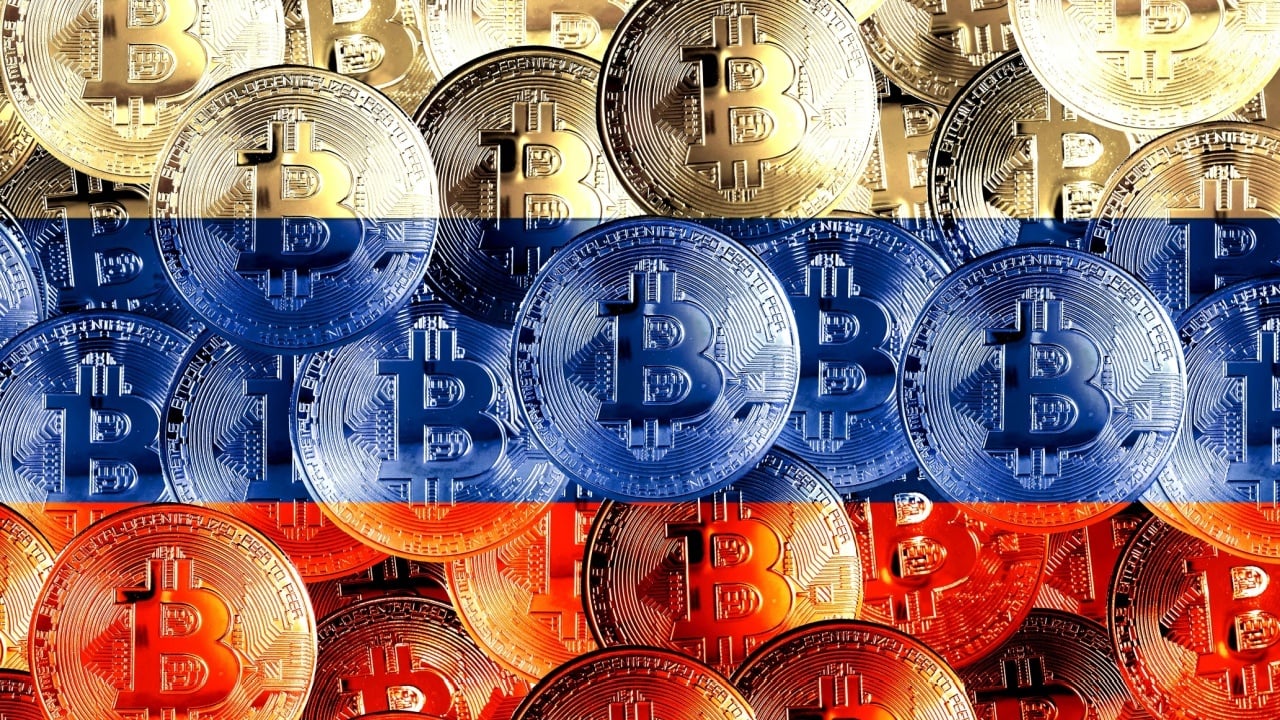Digital Revolution: Russia's Financial Vision Reshapes BRICS Economic Landscape

In a bold move towards financial innovation, Russian Finance Minister Anton Siluanov revealed that BRICS nations are exploring digital assets as a strategic tool to enhance trade independence. The group is actively investigating how cutting-edge digital currencies could potentially revolutionize international financial transactions and reduce reliance on traditional monetary systems.
Siluanov's statement highlights the collective ambition of BRICS countries—Brazil, Russia, India, China, and South Africa—to create a more flexible and autonomous financial ecosystem. By considering digital assets, the bloc aims to develop alternative mechanisms that could provide greater economic sovereignty and resilience against external financial pressures.
The exploration of digital assets represents a significant step towards reimagining international trade and financial interactions, signaling the group's commitment to technological innovation and economic independence. As global financial landscapes continue to evolve, BRICS is positioning itself at the forefront of this transformative movement.
